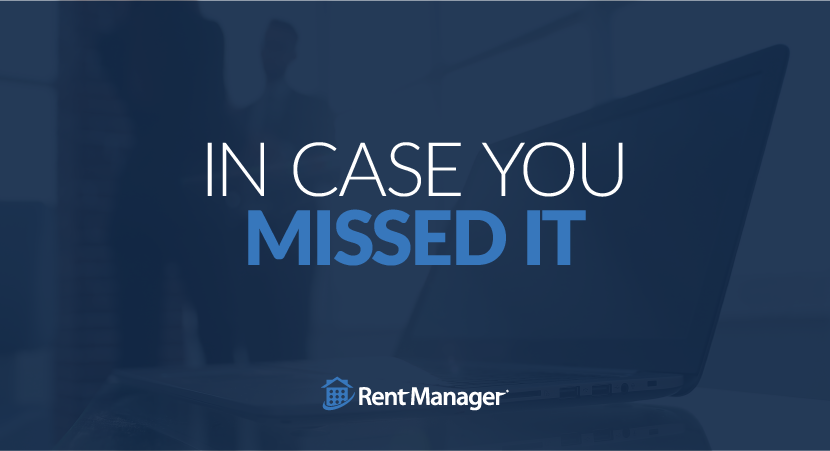Integrating your debt collections into Rent Manager can limit liability and improve recovery. Fair Collections & Outsourcing (FCO) works with Rent Manager to optimize collections integration for ease of use and accuracy.
Some residents find that disputing rent debt can put the burden of proof on the property manager – and potentially end their lease obligations. So, what disputes should you be prepared for? From FCO’s Collections Best Practices Webinar Series, here are five common disputes from renters – and how to respond:
1. “That’s not me!”
When faced with rent debt disputes, some former residents will say that someone stole their identification and they never lived there. While a few of these claims are valid, many are not. As more rental applications have moved online, this type of dispute has become more common. To prepare for this type of dispute, retain the original screening information and any government identification used to confirm the identity of the applicant, along with resident identifying information and the lease showing a valid signature.
2. “You can’t touch me.”
Former renters won’t reply to payment requests or may say you don’t have permission to contact them. A good lease and rental application—along with current contact information—can protect you against this claim. Ensure that your lease and rental application provides the resident’s authorization to be contacted by text, phone call, and email. Also, when adding a debt for collection through Rent Manager, ensure that you have current contact information to make it easier to locate the former renter.
3. “You need to show me.”
Former residents often exercise their rights under the Fair Debt Collections Practices Act (FDCPA) to request a copy of documentation supporting the property manager’s debt. Here’s where Rent Manager’s collections integration is helpful. Maintaining documentation (signed leases, guarantor agreements, utility bills, damage repair invoices, move-out statements, etc.) that supports debt can be a chore. However, FCO’s Rent Manager integration helps smooth the transfer of these documents, along with the itemized ledger, for collections so they’re handy if a dispute comes up.
4. “That doesn’t add up!”
Renters may also challenge a property manager’s calculations. If $5,500 is owed, the property manager will need to have an itemized ledger that matches the amount with documents supporting each charge. Make sure that the final ledger sent to the resident reflects any credits for security deposits or lease guarantees.
5. “I never knew I owed that.”
A property manager’s notice to the resident of the amount owed at move-out is usually required by the Landlord-Tenant Law. Providing such a notice helps recovery by removing any doubt the resident was aware of payment. What should you do? Deliver the move-out statement at the walk-through or mail it to the forwarding address. Retain a copy for your records to show that the resident was advised of the amount owed.
Keeping past debt information available in Rent Manager helps property managers meet their legal obligations and agencies like FCO recover what former residents owe. The Consumer Financial Protection Bureau’s (CFPB) enforcement guidance reminds property managers to provide documentation to their collections agencies when disputes arise. If property managers aren’t able to document claimed debt, then the debt needs to be canceled.
Rent Manager’s FCO debt collections integration makes property management easier and compliance more accurate. To join FCO’s free Collections Best Practices Webinar Series, register at www.fco.com/webinar.






